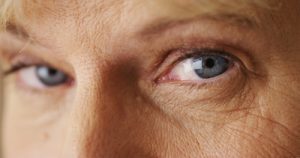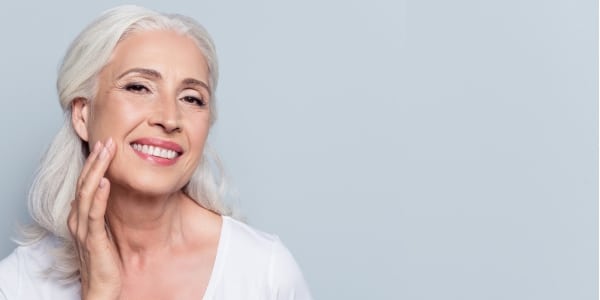The proper use of the mineral zinc may slow the aging of skin in middle-aged and older individuals. For this reason, it is important to incorporate a sufficient amount of this trace element into your diet.
Zinc Overview
Zinc is a chemical nutrient that collects in the human body’s cells in order to perform several important functions including the stimulation of the immune system, the synthesis of proteins, the creation of DNA (the genetic material used to formulate specific individual traits) and the maintenance of optimal performance of the body’s senses and healing process.
Reasons Why Skin Condition Declines During the Aging Process
When people are younger, their skin is often at its strongest and healthiest. However, as individuals age, the health and appearance of their skin can deteriorate for several biological and environmentally based reasons.
Biological Causes
The aging process often causes the body to make thinner and less malleable skin. Over time, this change could lead to the development of skin damage and a greater likelihood of bruising and scarring. Additionally, age causes decreased production of oils and other lubricants that typically keep skin moist. Dryer skin is more susceptible to irritation and damage. Moreover, the bodies of aging people produce less collagen. Collagen is responsible for helping the skin maintain strength and elasticity.
Environmental Causes
The health and appearance of skin can also be influenced by certain environmental and lifestyle factors. Naturally, as a person grows older, their skin is exposed to a greater number of potentially harmful substances such as allergens, airborne toxins and pollutants. Furthermore, potentially detrimental vices like smoking cigarettes, tanning your skin, and heavy alcohol consumption can all precipitate a host of skin problems.
Signs of Aged Skin

Benefit of Zinc to Aging Skin
As previously stated, zinc is known for strengthening the immune system and participating in the healing process. Specifically, the mineral plays an integral role in how cells metabolize nutrients and other important substances, break down energy-boosting substances like proteins for the body to use and repair diseased or injured cells. Each of these processes is vital to the establishment and maintenance of healthy skin.
Obtaining Necessary Quantities of Zinc
Though a small concentration of zinc is made inside the human body, additional amounts
must continually be ingested in order for the body to stay healthy. This is particularly true of aging individuals hoping to maintain healthy skin or those already impacted by aging skin.
Fortunately, zinc can be found in many different foods including meat products like beef, pork and lamb; nuts such as peanuts, cashews and almonds; dairy products including cheeses and milk; grains like oats and wheat; eggs; shellfish and dark chocolate. Additionally, nutritional dietary supplements containing zinc alone or along with other vital nutrients are readily available for purchase either online, at nutritional supplement retailers or inside many well-known pharmacy chains.





